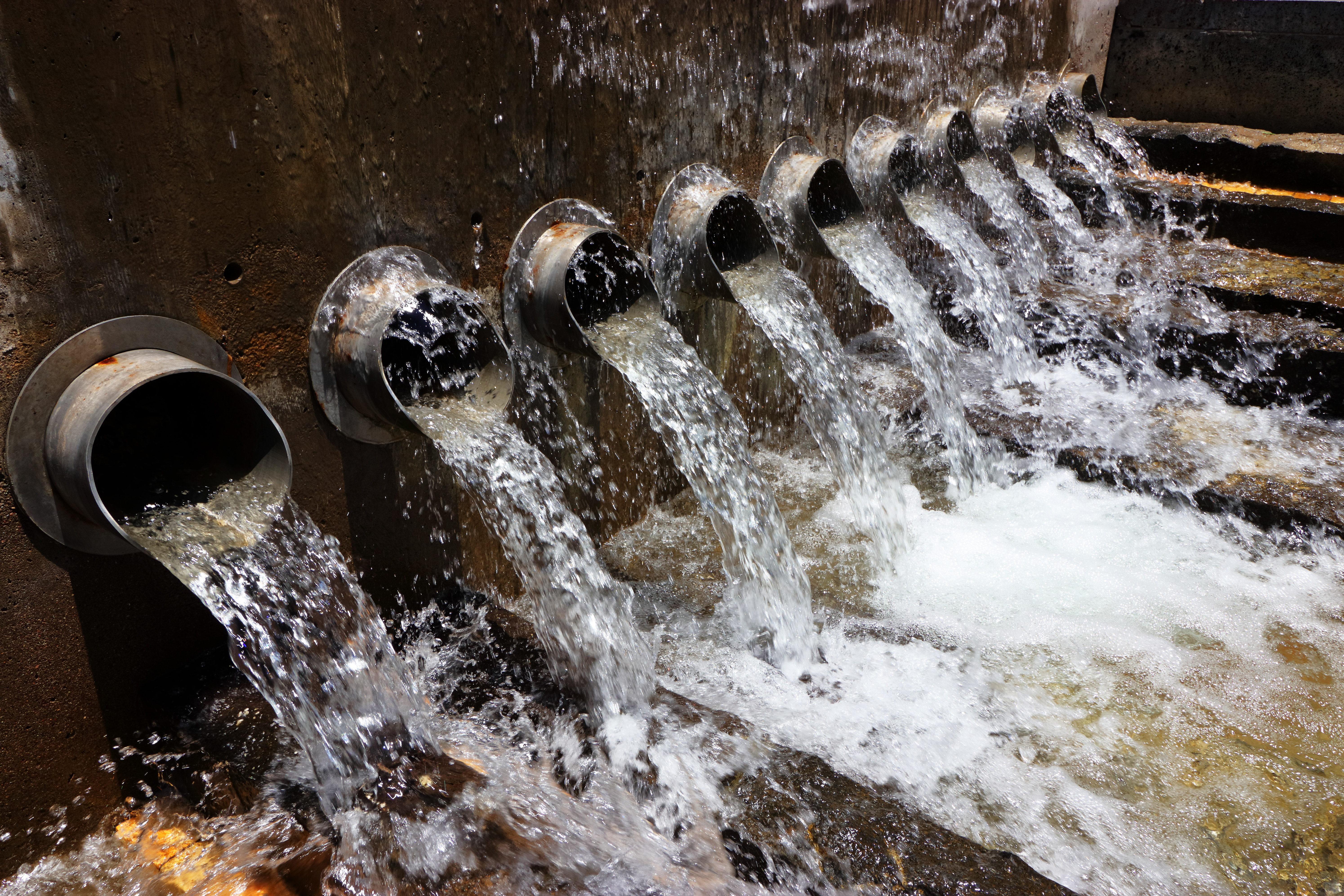Pharmaceuticals enter our environment during manufacturing, use and disposal. Pharmaceutical residues have been detected in surface water, sewage effluents, groundwater, drinking water, manure and soil globally.
Since these products are designed to interact with living systems, they have an impact on ecosystems, contributing to biodiversity loss and accelerating antimicrobial resistance (AMR). Furthermore, the production of pharmaceuticals accounts for around ¼ of the carbon emissions of the healthcare sector.

Antimicrobial resistance (AMR) is a major threat to global health – without effective antimicrobials, common infections that we can currently treat effectively will once again become fatal.
Procedures such as cancer chemotherapy, diabetes management, major surgery, or organ transplantation would put patients at risk. AMR occurs when bacteria, viruses, fungi, and parasites develop mechanisms to hinder the effect of antimicrobials designed to treat the infections they cause. Whilst this is a natural phenomenon, the overuse and misuse of antimicrobials quickly accelerates the process.
The healthcare sector needs to lead a change in the way we produce, use and dispose of medicines. That means concerted action to ensure drugs, including antibiotics, are only ever prescribed when truly needed. It means pressuring manufacturers to reduce pharmaceutical waste and educating patients to dispose of drugs safely.
How can I get involved?
Minimising pharmaceutical pollution
Find our more about our Safer Pharma programme
Transform healthcare with us
Get involved in our projects fighting antimicrobial resistance and pharmaceuticals in the environment
Join the sustainable healthcare community
Become part of a network of healthcare staff driving positive change